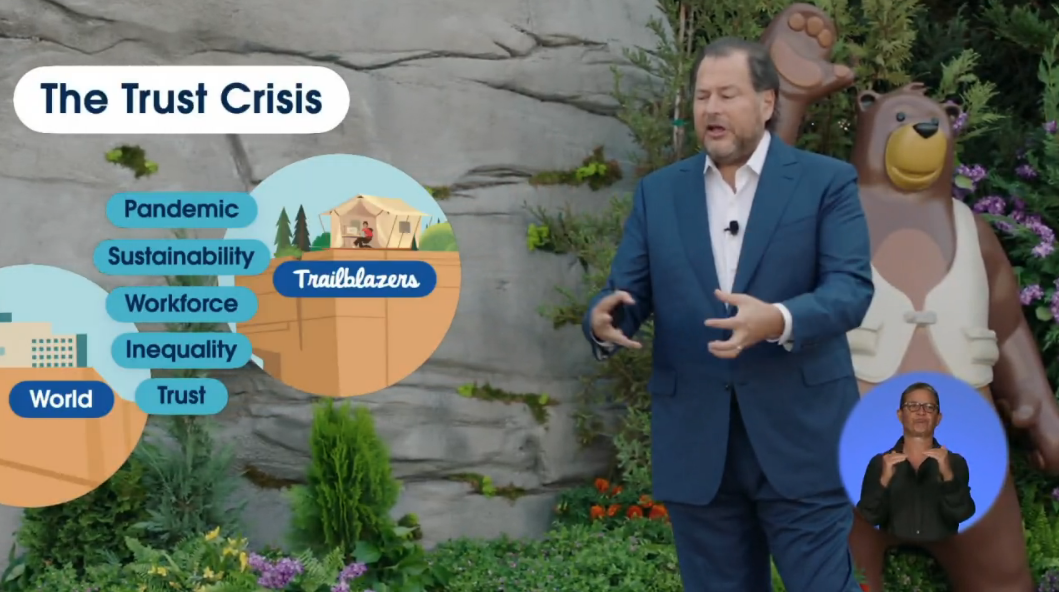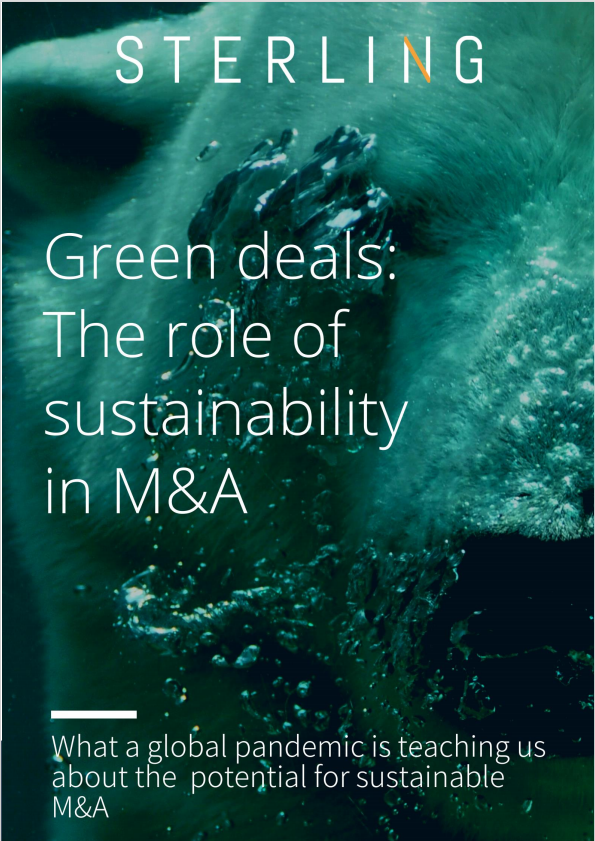Salesforce hits 100% renewable energy target and pledges to help customers do the same
The cloud giant has also launched Sustainability Cloud 2.0 to help firms move from eco-theory to eco-reality


Cloud giant Salesforce today confirmed that it is a net zero company having achieved 100% renewable energy goals within its operational model.
Credit for this has been assigned in large part to four key focus areas, which are the ability to work from anywhere, a focus on infrastructure, and business travel and supply chain considerations, the firm said.
“Climate change is one of the most pressing crises we face as a planet, and each one of us has a responsibility to help,” said Marc Benioff, Salesforce co-founder, CEO and chair.
“I’m proud that Salesforce is one of the few companies to have achieved net zero and 100% renewable energy, but we can’t stop until we embrace every solution and get every business on board. Together, we can sequester 100 gigatons of carbon by restoring, conserving or growing 1 trillion trees; energise an ecopreneur revolution to develop innovative climate solutions; and accelerate the Fortune 1,000 to reach Net Zero.”
Benioff addressed attendees at the company’s Dreamforce conference today during his keynote to stress the role everyone has – and should – play in addressing sustainability issues going forward.
“How are we going to fill this gap with trust? Each and every one of us can do something. We do not all have to do everything, but we must do something,” he said.
“Business is the greatest platform for change and we prove that every single day as trailblazers.”
Sign up today and you will receive a free copy of our Future Focus 2025 report - the leading guidance on AI, cybersecurity and other IT challenges as per 700+ senior executives
Salesforce, it would seem, is not just on a mission for its own ego; it’s also determined to help other companies achieve net zero and become better neighbours to our planet.
To this end, the firm has launched Sustainability Cloud, dubbed Sustainability Cloud 2.0, which steps up a notch on previous tools and data-driven insight around carbon footprint and energy usage information for customers.
Patrick Flynn, vice president of sustainability at Saleforce, has previously commented on the rationale behind creating Sustainability Cloud, saying: “The planet needs climate action now, which is why at Salesforce we are committed to ambitious climate leadership solutions that create ripple effects. We’re on a mission to drive urgent action, and we hope you join us on the journey.”
RELATED RESOURCE

Green deals: The role of sustainability in M&A
What a global pandemic is teaching us about potential for sustainable M&A
A large part of the sustainability equation rests on how businesses can emerge from the forced remote working of the pandemic to a new hybrid working scenario, reducing individual and collective carbon footprints and creating blended ways of collaborating. Acknowledging this, Salesforce has also announced new features and tighter integration with Slack to help customers created a so-called digital HQ.
“Our mindset about work has shifted from a place you go, to something you do,” said Bret Taylor, Salesforce’s president and COO.
“Every company needs a digital HQ to connect its employees, customers, and partners, and thrive in a work-from-anywhere world. Organisations around the world build their digital HQs on Salesforce and Slack so they can work better and grow faster.”
The updates will facilitate secure collaboration in comms channels that marry internal and external teams as well as streamlining workflows built around CRM data to ensure there is one source of truth and a universal, shared customer view, according to Salesforce.
Stuart Butterfield, co-founder and CEO of Slack, echoed the benefits, saying: “[We’ve] seen the power of the digital HQ and how it brings everyone - partners, employees and customers - in one place to where the work happens.
“Customers have said a lot that they didn’t know they needed it, but once they had it they didn’t know how they could do without it.”
Maggie has been a journalist since 1999, starting her career as an editorial assistant on then-weekly magazine Computing, before working her way up to senior reporter level. In 2006, just weeks before ITPro was launched, Maggie joined Dennis Publishing as a reporter. Having worked her way up to editor of ITPro, she was appointed group editor of CloudPro and ITPro in April 2012. She became the editorial director and took responsibility for ChannelPro, in 2016.
Her areas of particular interest, aside from cloud, include management and C-level issues, the business value of technology, green and environmental issues and careers to name but a few.
-
 The modern workplace: Standardizing collaboration for the enterprise IT leader
The modern workplace: Standardizing collaboration for the enterprise IT leaderHow Barco ClickShare Hub is redefining the meeting room
-
 Interim CISA chief uploaded sensitive documents to a public version of ChatGPT
Interim CISA chief uploaded sensitive documents to a public version of ChatGPTNews The incident at CISA raises yet more concerns about the rise of ‘shadow AI’ and data protection risks
